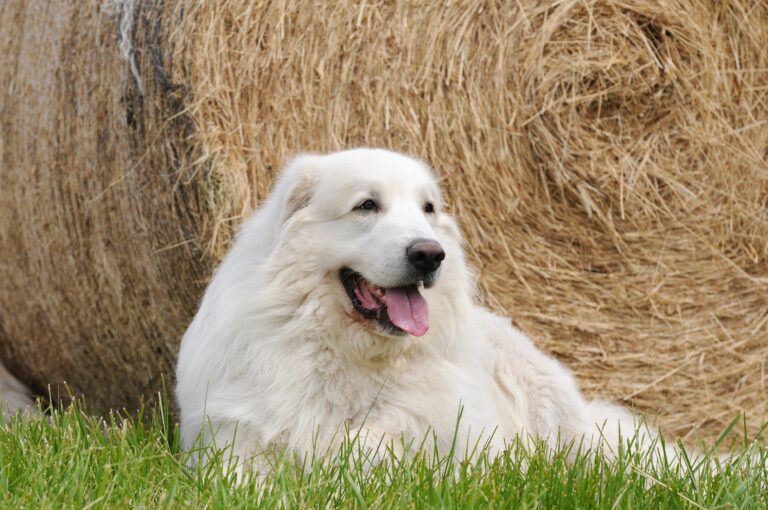Experts Explain The 11 Golden Rules For Raising A Healthy Pit Bull
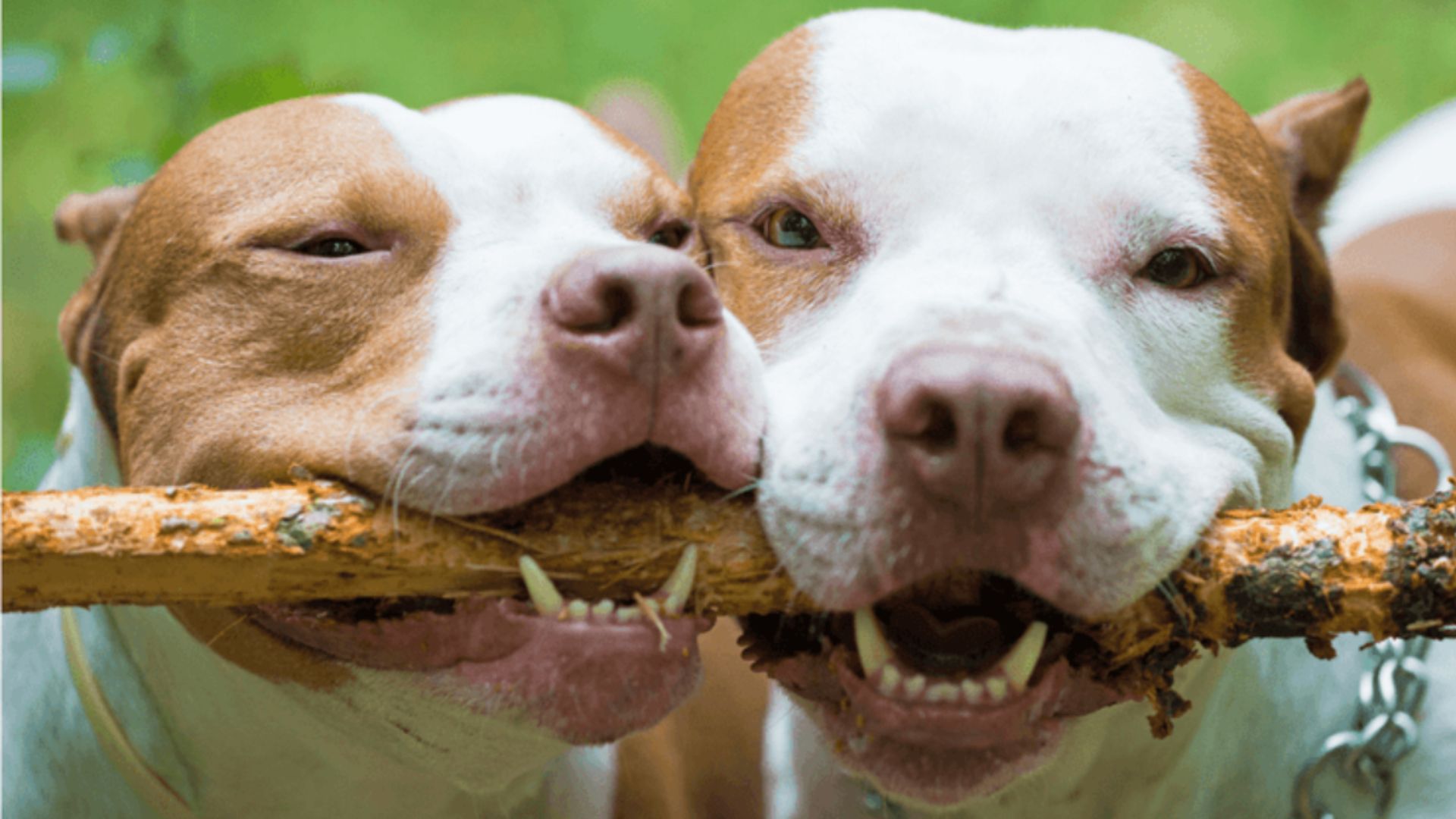
Raising a healthy Pit Bull goes beyond love and attention – it requires understanding their specific needs. In this article, experts share the 11 golden rules for caring for a Pit Bull, from nutrition to training.
These tips will help you provide the best environment for your dog to thrive, ensuring they stay strong, well-behaved, and happy.
1. Consistent Training
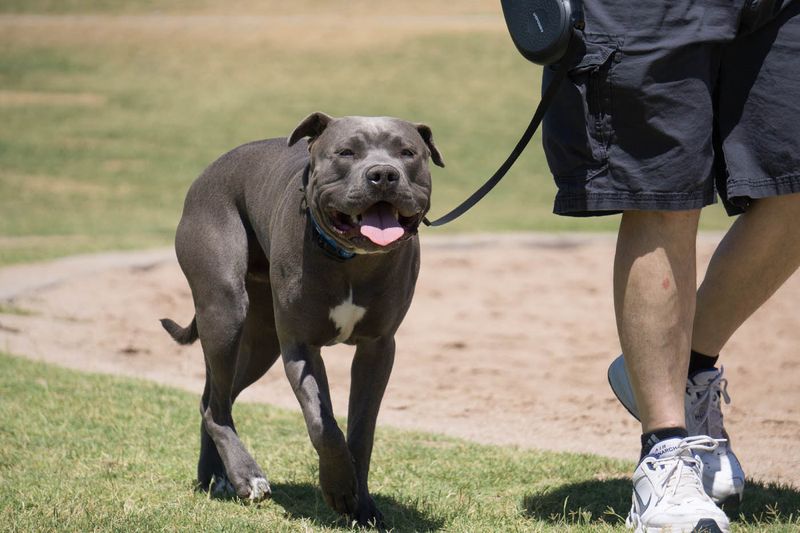
Training should be a consistent part of your pitbull’s life. Use positive reinforcement methods to encourage good behavior. Short, daily sessions are more effective than infrequent, lengthy periods.
Teach basic commands like sit, stay, and come, ensuring your dog knows these even with distractions. Consistency is key, so make sure everyone in the household uses the same commands and rewards.
A well-trained pitbull is a happy pitbull. They love to learn and respond well to training that is fun and rewarding. Keep sessions upbeat and end with a play session or a favorite toy as a reward.
2. Provide Mental Stimulation
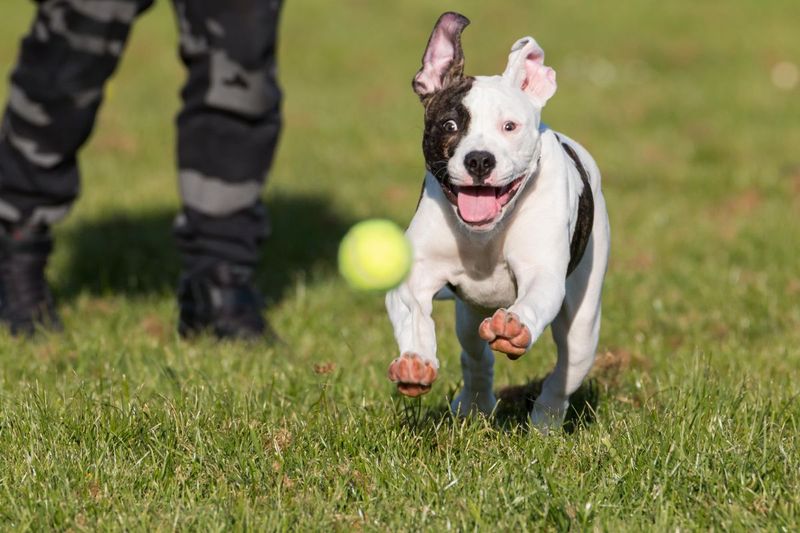
Pitbulls are intelligent and need mental stimulation to prevent boredom. Interactive toys and puzzle feeders keep their brains active. Rotate these toys regularly to keep things fresh and exciting for your pet.
Training sessions also double as mental exercises. Teach new tricks or practice agility training to keep their minds sharp. Even a simple game of hide-and-seek can be immensely entertaining for them.
Engaging their minds prevents destructive behaviors that often stem from boredom. A mentally stimulated pitbull is less likely to chew on furniture or dig holes in the yard.
3. Early Socialization
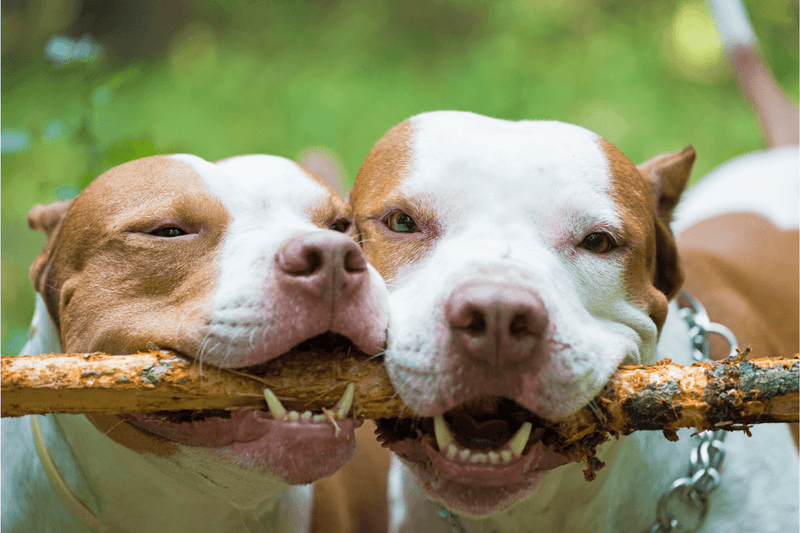
Introducing your pitbull to different environments, people, and animals at a young age builds a foundation for a well-adjusted adult dog. Take them to parks where they can meet friendly dogs and see kids playing. This helps them understand that new experiences are positive and not to be feared.
Socialization isn’t just about meeting people. It’s about exposing them to various sounds and sights, like the vacuum cleaner or the sound of city traffic. These experiences should be positive, with rewards and praise for calm behavior.
Remember, the goal is to make your pitbull comfortable and confident in different situations. Use treats and affection to reinforce good behavior. The more they experience at a young age, the less likely they are to react negatively as they grow.
4. Exercise Regularly

Physical exercise is crucial for a pitbull’s well-being. Regular walks, runs, or playtime in a secure area help burn off excess energy. A tired pitbull is a well-behaved pitbull.
Incorporate variety into their exercise routine with activities like fetch, tug-of-war, or agility courses. These not only provide physical exercise but also strengthen the bond between you and your dog.
Daily exercise helps mitigate behavioral issues. Without it, pitbulls might become restless and exhibit unwanted behaviors. Ensure they have plenty of opportunities to stretch their legs and release pent-up energy.
5. Positive Reinforcement
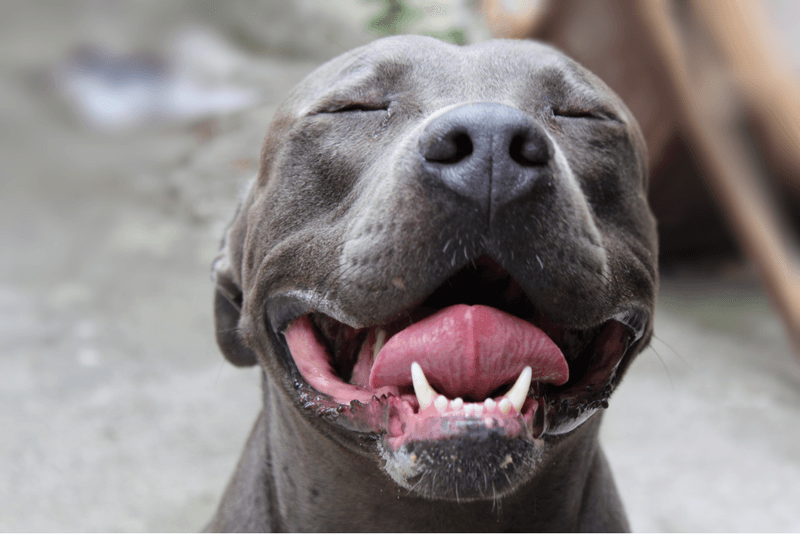
Positive reinforcement involves rewarding your pitbull for good behavior. This method encourages them to repeat desired actions. Use treats, praise, or their favorite toy as rewards.
Avoid punishment-based methods as they can lead to fear and anxiety. Instead, focus on rewarding actions you want to see more of. This not only helps train them but also builds trust between you and your pet.
Over time, your pitbull will understand what behaviors earn rewards. This makes them more likely to behave appropriately in various situations, fostering a harmonious living environment.
6. Set Boundaries Early
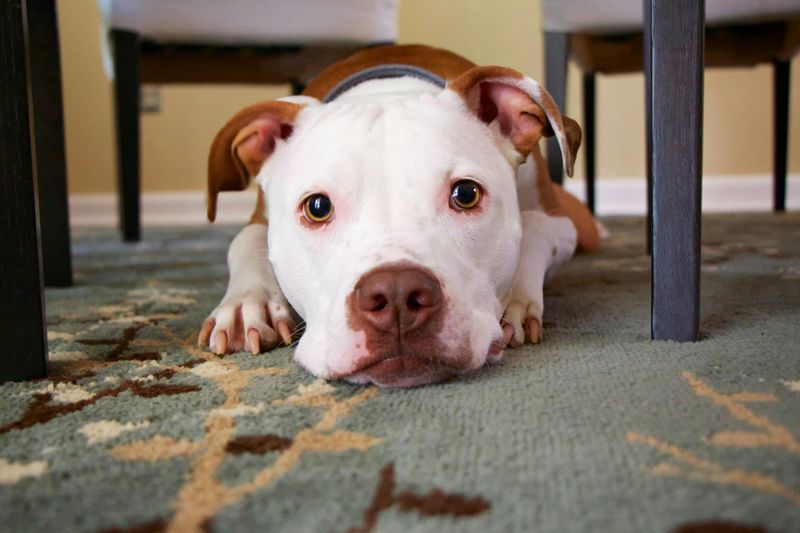
Establishing boundaries with your pitbull from an early age sets clear expectations. Decide on household rules and stick to them. For example, if they are not allowed on the furniture, ensure everyone enforces this rule.
Consistency is crucial in boundary setting. Make sure all family members agree and follow the same guidelines. Changing rules can confuse your pitbull and lead to unwanted behavior.
Boundaries help your dog understand their place in the home. This not only prevents behavioral issues but also helps them feel secure and comfortable, knowing what’s expected.
7. Regular Veterinary Checkups

Routine veterinary checkups are essential for your pitbull’s health. Regular assessments help catch potential health issues early. Vaccinations, dental care, and general health checks should not be overlooked.
A healthy dog is a happy dog. Ensuring your pitbull is in good health prevents discomfort that might lead to behavioral problems. Regular vet visits can help maintain their well-being and address concerns promptly.
Your vet can also provide valuable advice on diet, exercise, and overall care. This guidance ensures your pitbull lives a long, healthy, and content life with you.
8. Diet And Nutrition
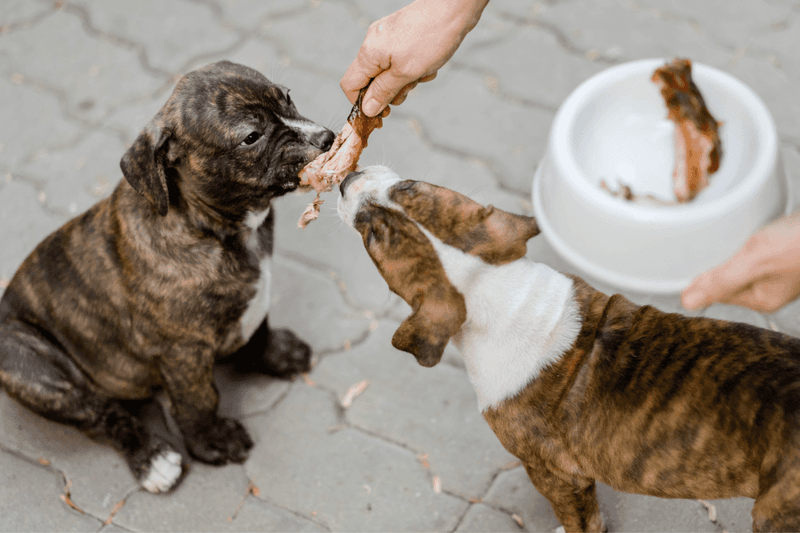
Proper nutrition is vital for your pitbull’s health and behavior. A balanced diet keeps them energetic and prevents obesity-related issues. Consult with your vet to determine the best diet for your dog’s age, weight, and activity level.
Feed them high-quality dog food and monitor their weight regularly. Avoid feeding table scraps or foods that might be harmful, like chocolate or grapes.
Nutrition impacts behavior. A well-fed pitbull is more likely to be content and less prone to irritability. Proper diet and nutrition form the foundation for a long, active life.
9. Provide A Safe Environment
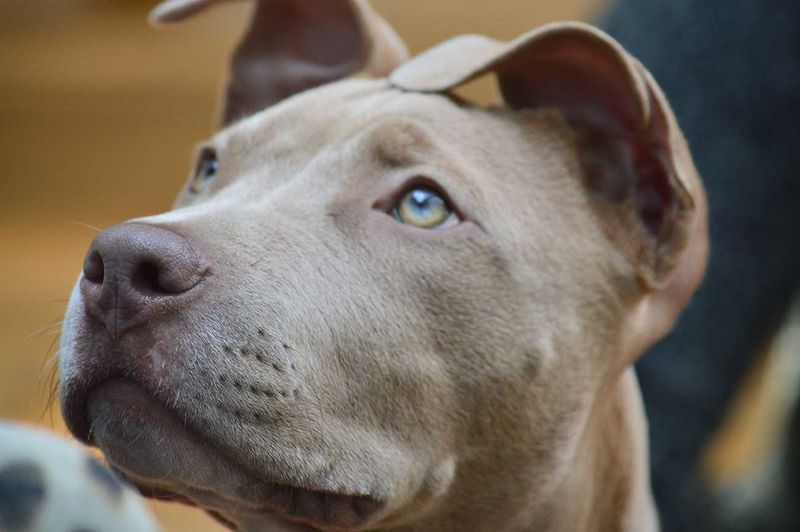
Creating a safe environment ensures your pitbull feels secure at home. Provide a quiet space with a comfortable bed where they can retreat when they need rest or are feeling stressed.
Safety also involves removing hazards like electrical cords or small objects that might be swallowed. Ensure your backyard is securely fenced to prevent escapes.
A safe environment fosters well-being and reduces anxiety. When your pitbull feels safe, they’re more likely to be relaxed and well-behaved. This peace of mind is essential for their overall happiness.
10. Restorative Sleep Environment
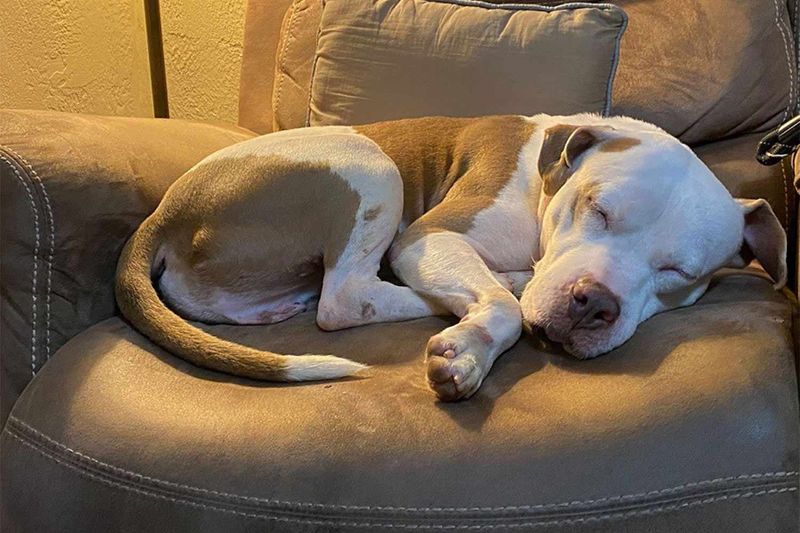
A good night’s sleep can do wonders for your Pit Bull’s overall well-being. Ensure they have a quiet, comfortable space to rest and recover from their active day.
Invest in a quality dog bed that supports their joints and provides warmth. Place it in a location where your dog can enjoy peace and minimal disruptions.
Adequate rest is as important as exercise for maintaining a healthy lifestyle. A well-rested Pit Bull is a happy and energetic one.
11. Mindful Grooming Practices
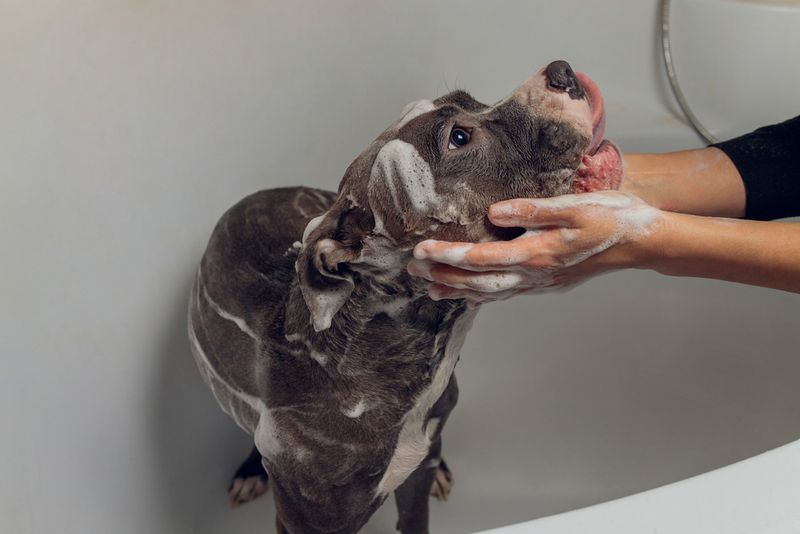
Grooming goes beyond aesthetics; it’s a bonding experience with your pit bull. Regular brushing keeps their coat gleaming and strengthens trust between you and your pet.
Bathing should be based on their activity level, ensuring their skin remains healthy and irritation-free. Nail trimming and ear cleaning are equally vital, preventing discomfort and potential infections.
Grooming sessions can reduce stress for both owner and pit bull, promoting a calm atmosphere. By incorporating mindful grooming routines, you contribute to their overall well-being and deepen your connection.



